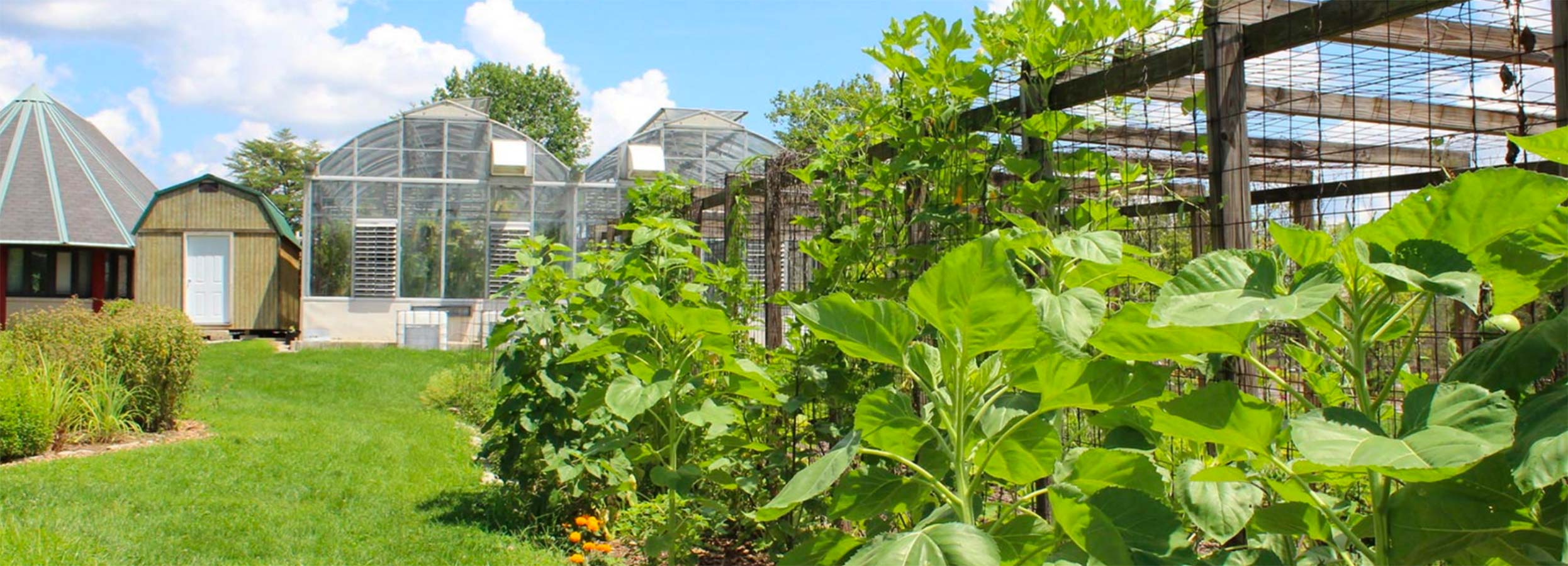Changing Indiana’s Food System
Edible Indy recently summarized the results of a food system scorecard from the Union of Concerned Scientists (UCS) that ranked all 50 states on 10 factors related to food and farm health. Indiana received an overall ranking of 46 out of all 50 states, placing it near the bottom of the scorecard. But the story doesn’t end there.
“Despite having a poor ranking, there are a lot of positive things going on in Indiana to make food system change,” said Jodee Ellett, who leads Community Engagement for Indiana University’s Sustainable Food Systems Science Initiative.
With leaders like Ellett working to improve Indiana’s food system, several initiatives across the state are paving the way for lasting change.
THE INDIANA FOOD COUNCIL NETWORK
The Indiana Food Council Network helps farming regions share information and resources, have a larger voice for change and build on each other’s successes. Ellett convenes the statewide initiative, which includes more than 10 food councils currently established or in development.
“Rather than having one food policy council for Indiana, we’re building this grassroots network of councils that have their boots on the ground. This is a phenomenal conduit of information with people in the community,” said Ellett. “We just need to set the table and keep the communication open and regular.”
The network facilitates communication and peer-to-peer sharing between farmers, producers and their communities.
“These are the folks who are really engaged and it’s really exciting to see. I feel like we’re at a point where there’s a whole lot going on. It’s a rising tide of activity that will really play itself out in the next five to ten years and really create opportunities for farmers and consumers,” said Ellett. “We are working to solve the complicated issues of food access and healthy food access for all Hoosiers.”
THE INDIANA VALUE CHAIN NETWORK
In October 2018, the USDA awarded Ellett a three-year Local Food Promotion Program grant to build the Indiana Value Chain Network. The network will establish another way to connect local and regional food supply chains and support sustainable farms. Ellett explains that the grant has three parts.
“The first part is to establish the Indiana Value Chain Network to work with four partners in Indiana and to hire a value chain coordinator to build this social network in the local and regional food system,” she said.
“The second part of the grant builds on the food safety requirements that fruit and vegetable growers need to reach wholesale buyers. We have a program in consulting that will help them get to that point,” said Ellett.
“The third part is in collaboration with Betty Feng, an associate professor of food science at Purdue University. We’re talking with food producers about their needs for food safety training programs so we can pull together a food safety training program based on their stated needs,” she said.
All three of these components will work together to connect local producers to some of the larger buyers in the community. According to Ellett, any institutions that have food service are potential buyers of local produce, including hospitals, schools, universities, nursing homes and manufacturers.
The formation of the Indiana Value Chain Network will help farmers meet the purchasing standards set by institutions, allowing them to partner with other small farms to fill larger orders.
“We’re helping to build a network so that it’s not just about sales, but also about all of the needs that growers and buyers have in order to connect to one another. It’s not just fruits and vegetables, but also dairy, meat, and grains. All of these things are part of what we can grow here in Indiana and certainly what we can buy,” she says.
Not only can the Indiana Value Chain Network connect smaller farmers to larger institutions, but it can provide an opportunity for those larger institutions to buy local.
“The potential is for institutions to really invest in local food systems,” she said.




